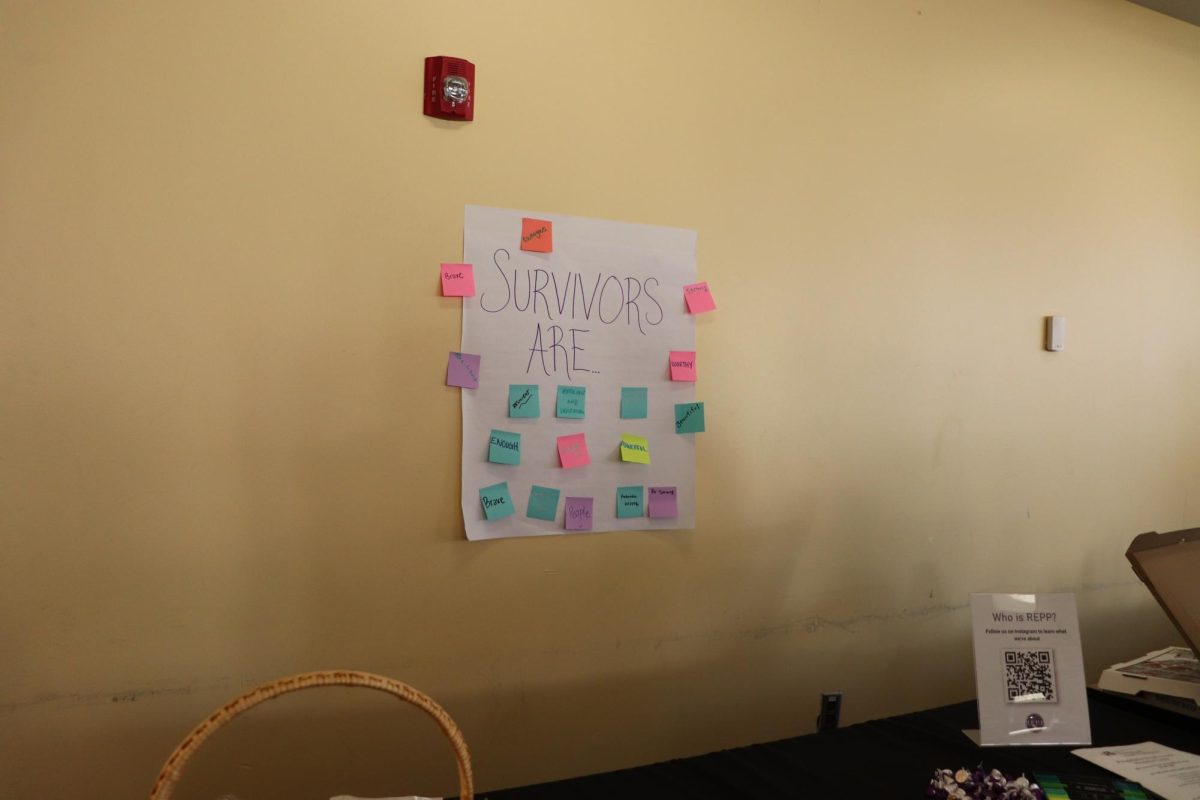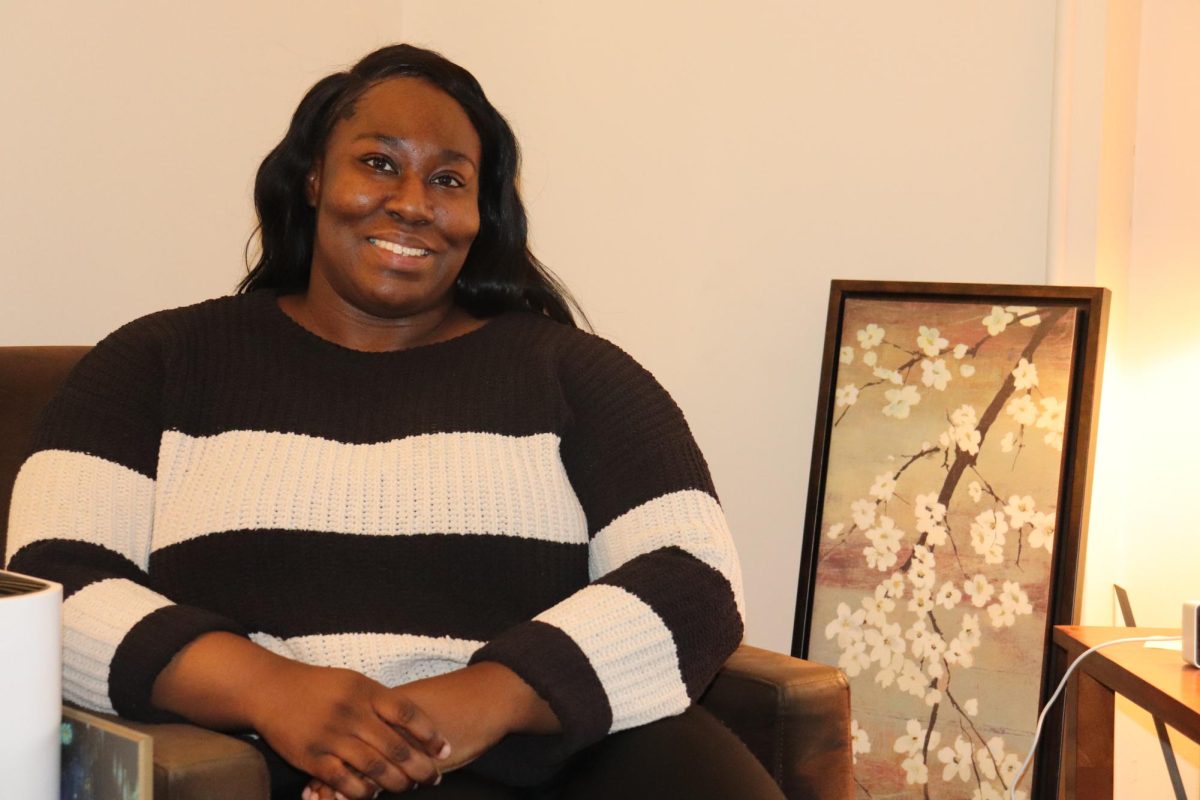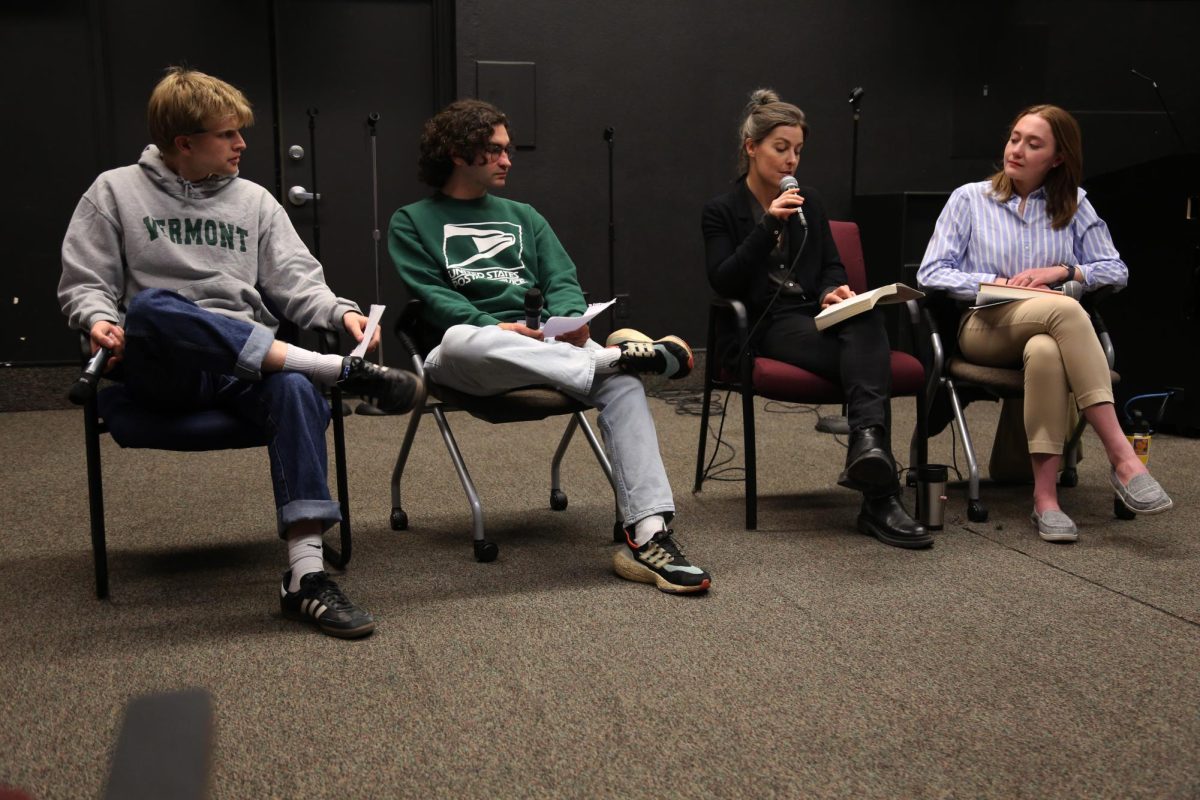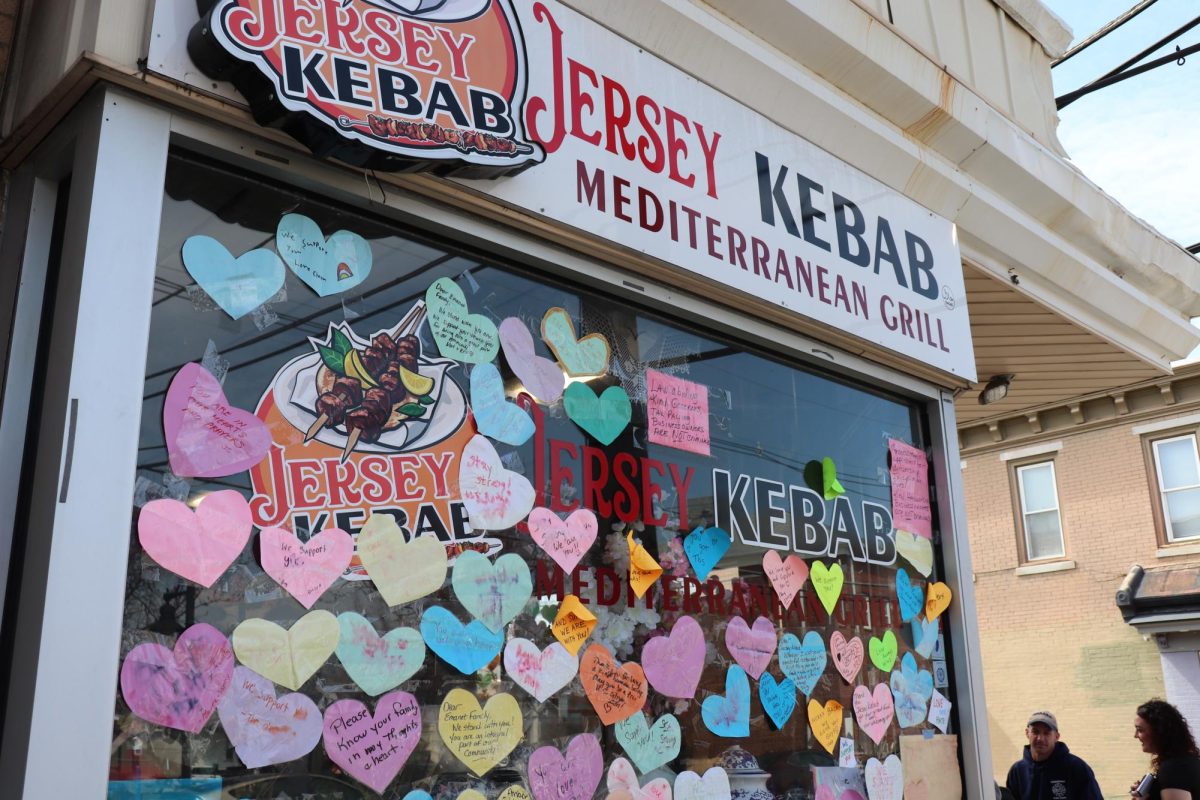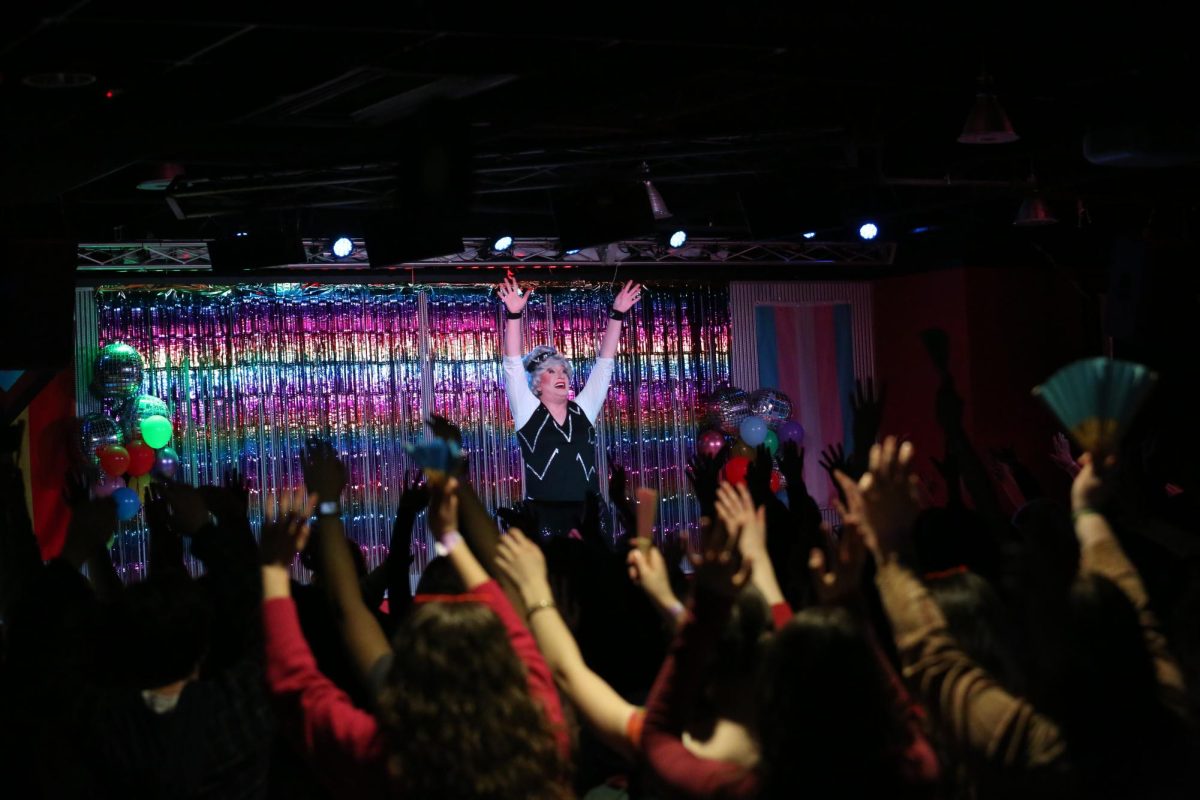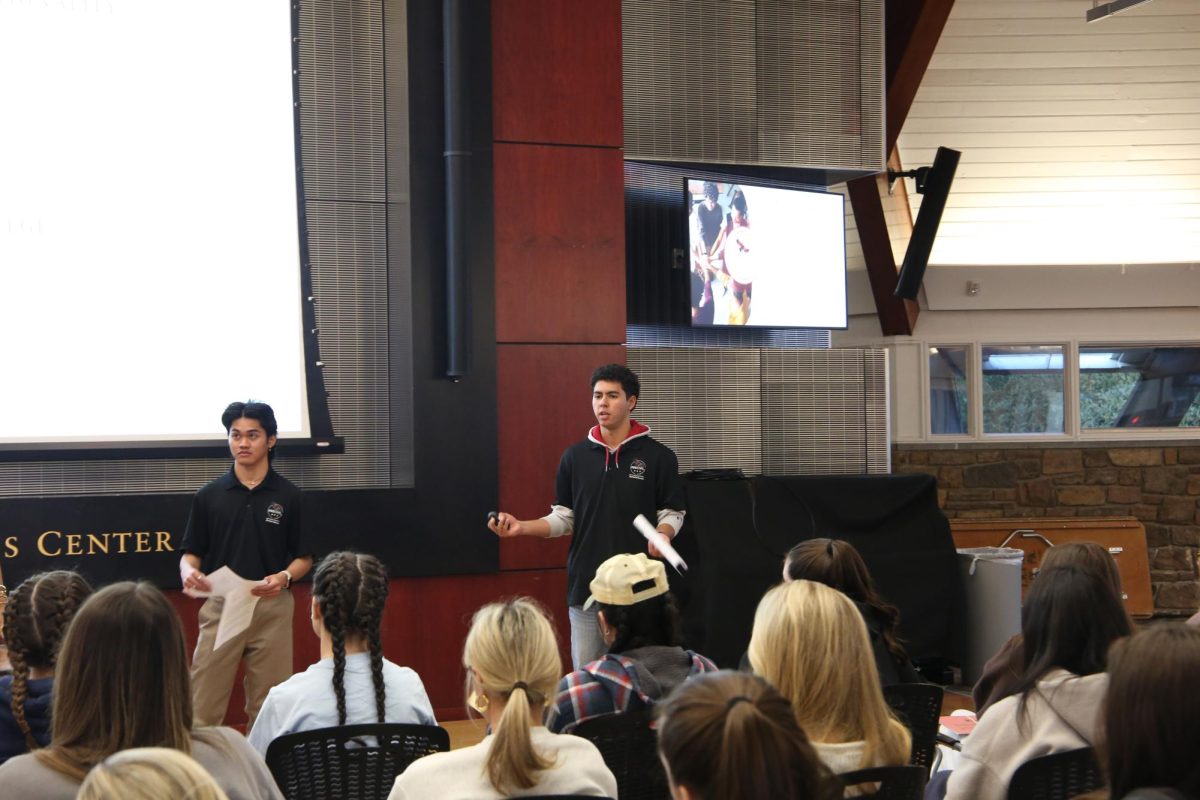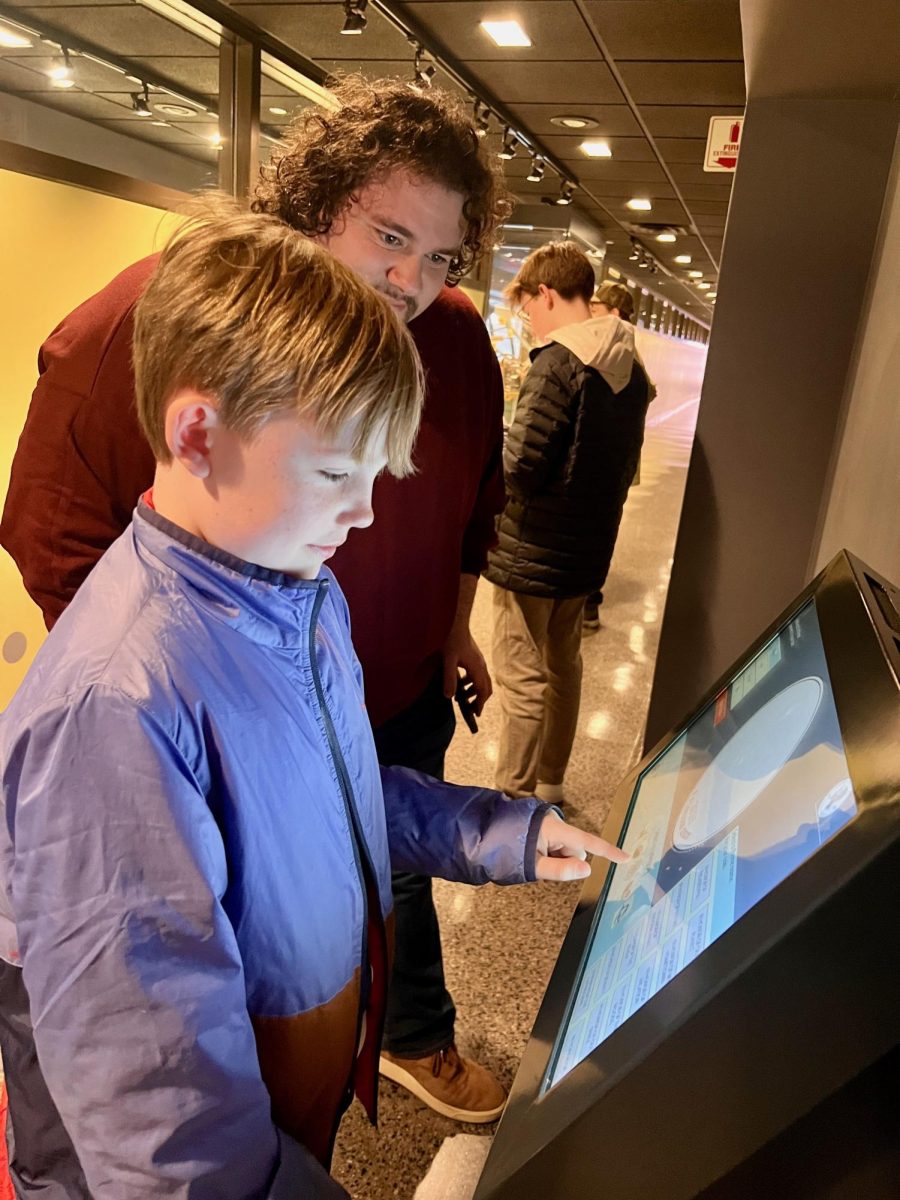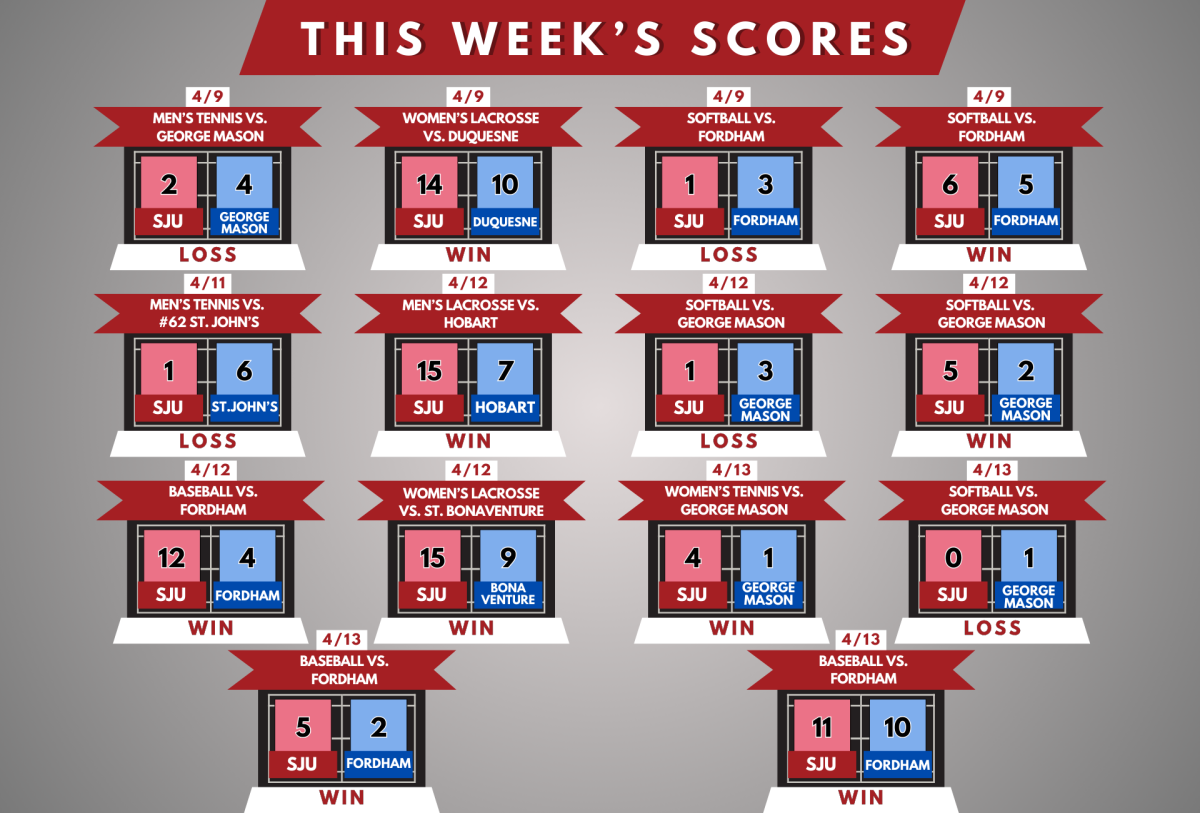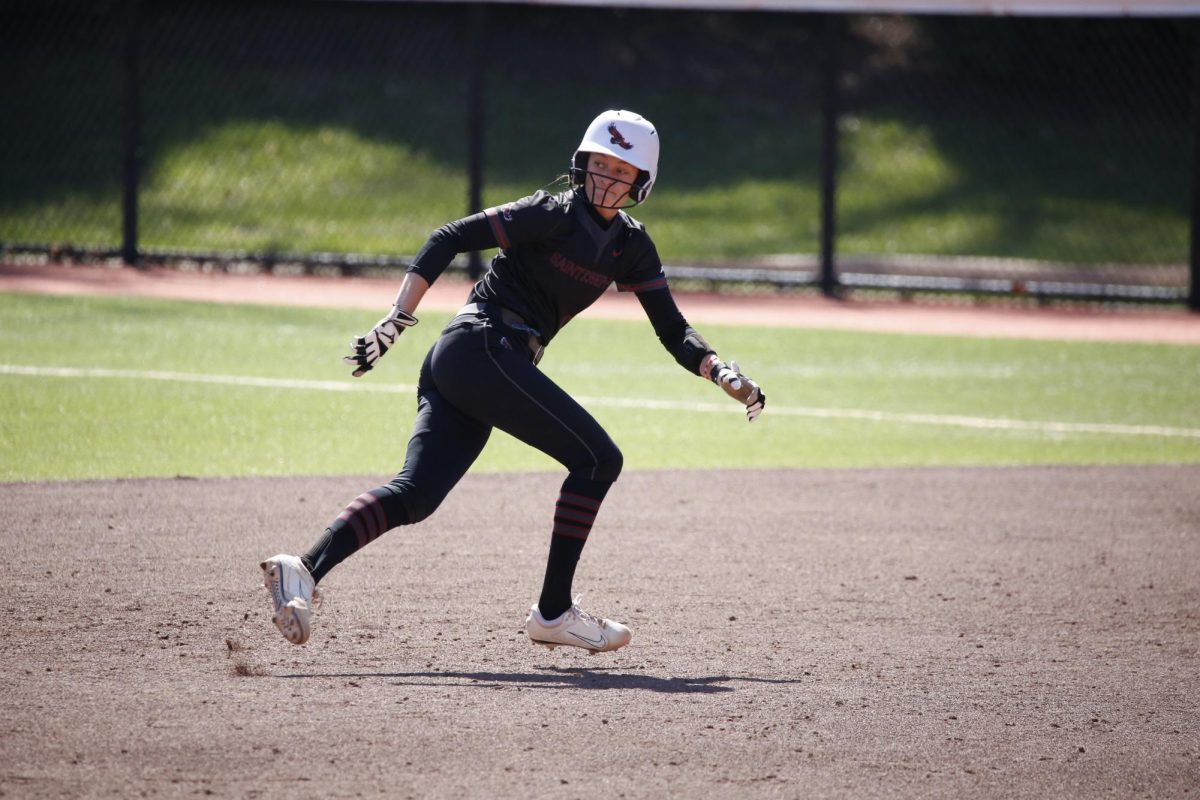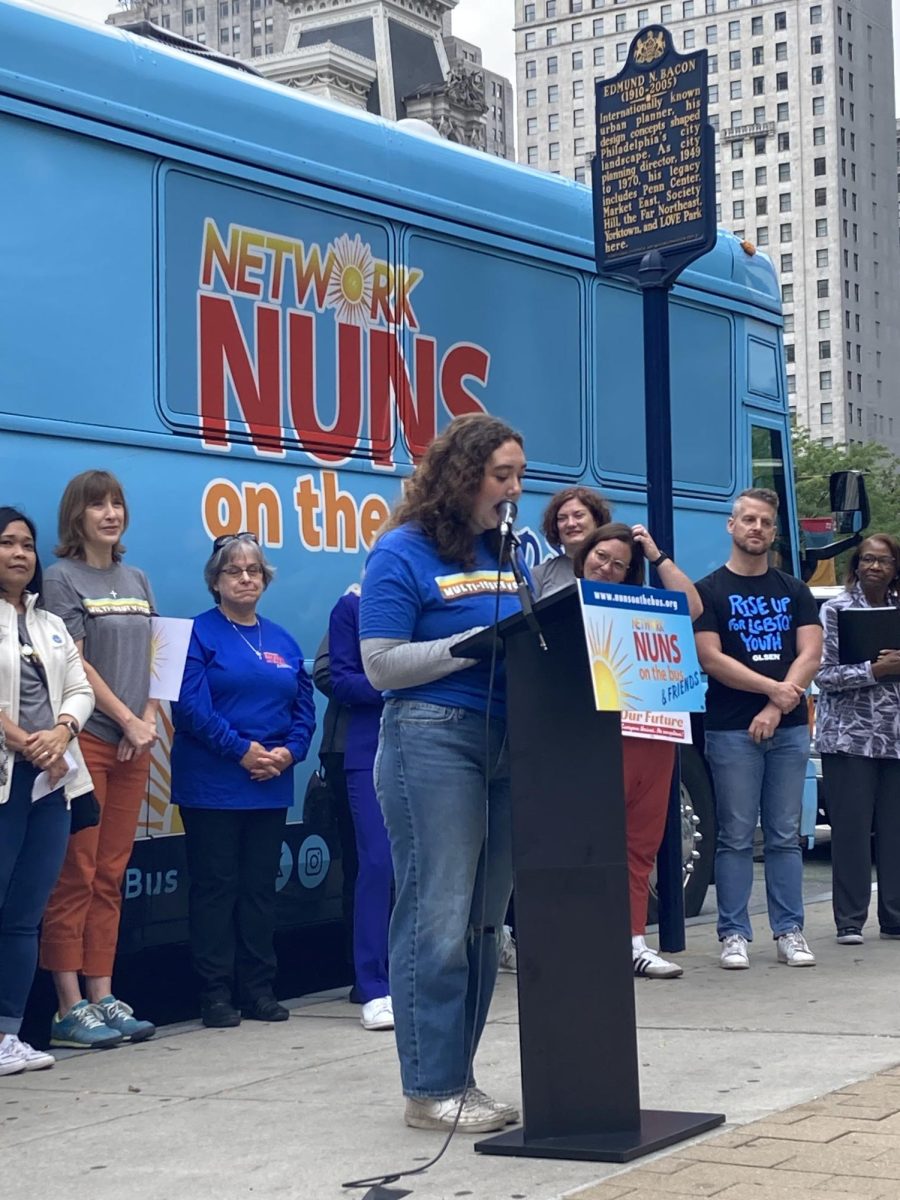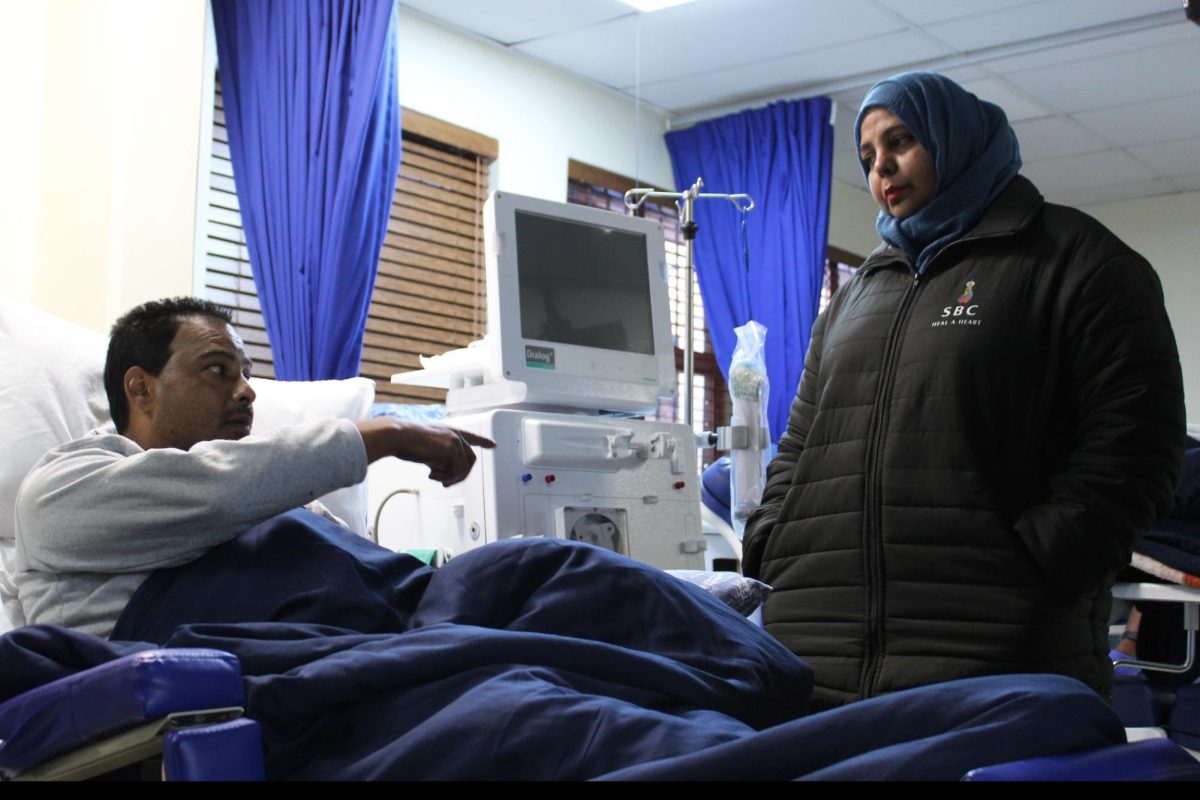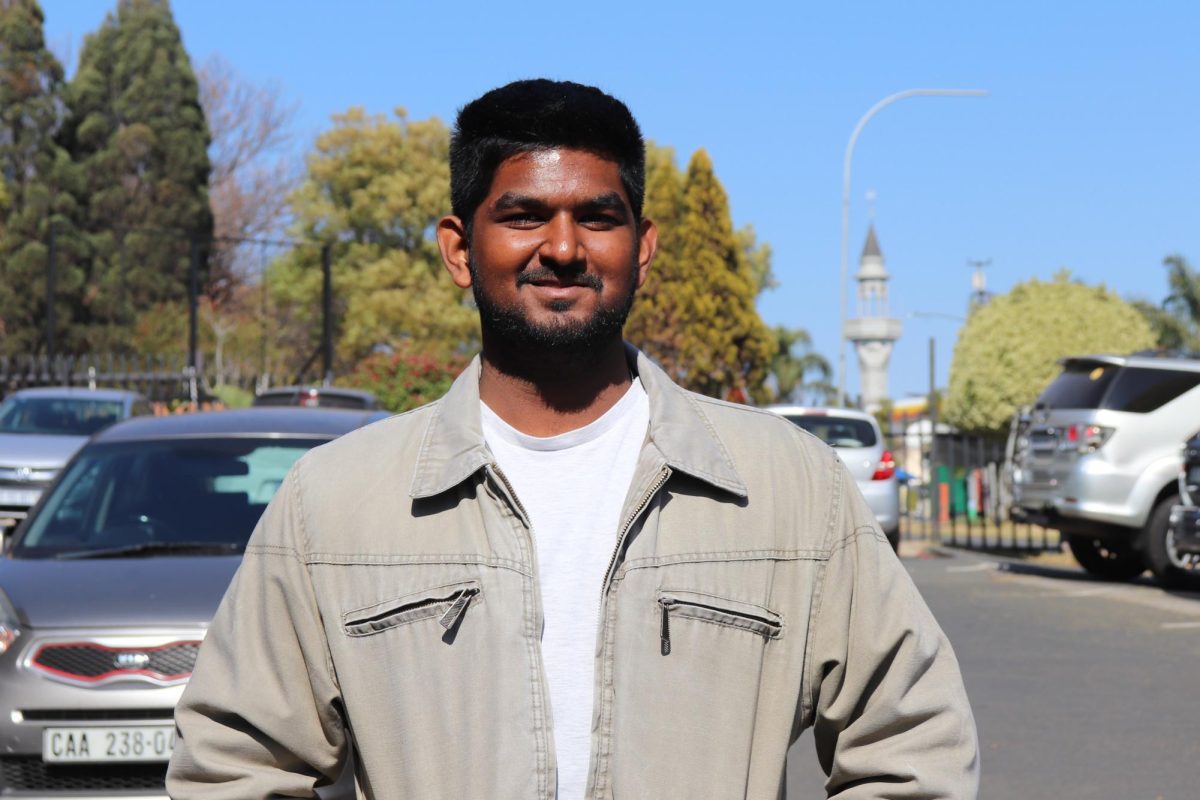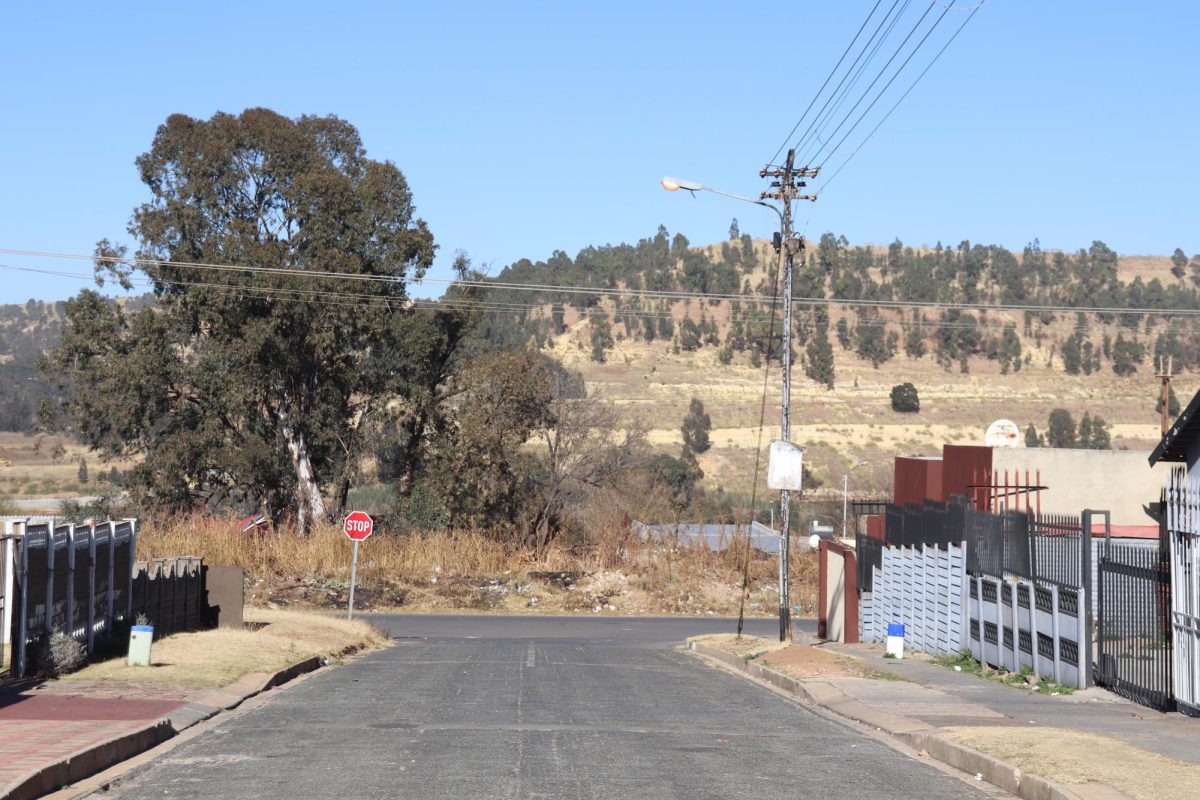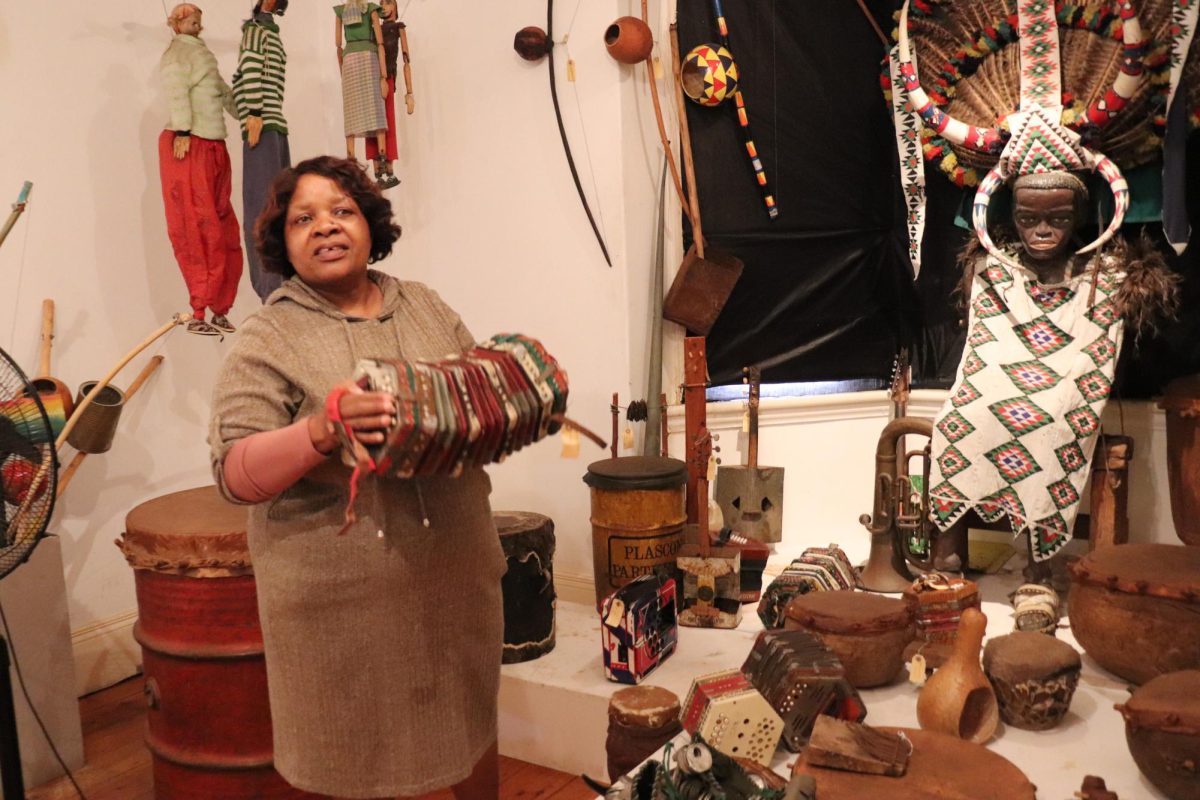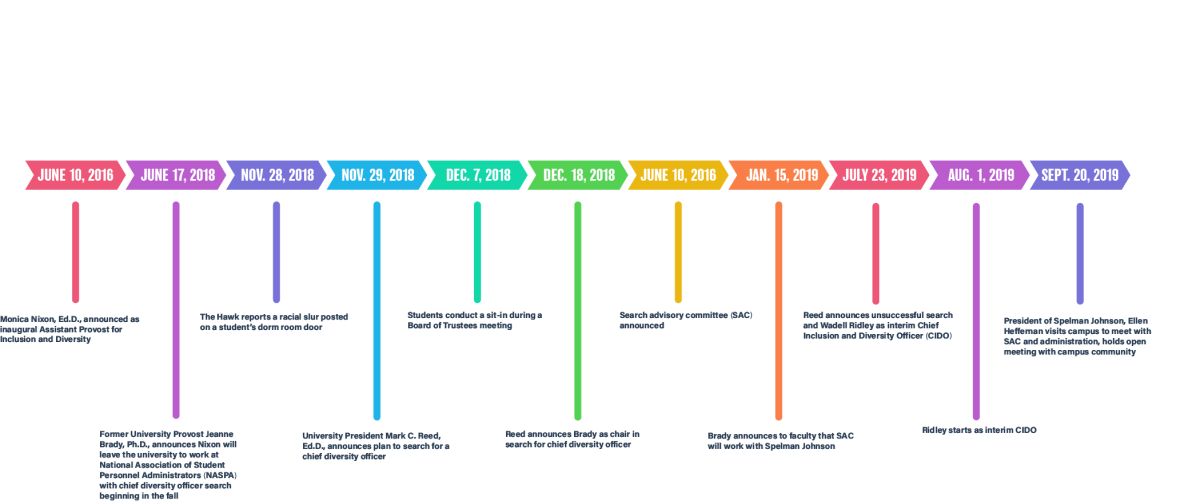St. Joe’s is renewing the search for a chief inclusion and diversity officer—now changed to an associate provost for diversity, equity and inclusion—after the search last semester did not result in the hire of any of the three finalists who made campus visits.
The position has been vacant for just over a year, after Monica Nixon, Ed.D., former assistant provost for inclusion and diversity, left the university in July 2018 for a different position. A search for her replacement started in January 2019.
The university made offers to candidates who did not accept the position at the end of spring. The university also increased the operating budget for the position, according to Cheryl McConnell, Ph.D., provost and vice president of Academic Affairs.
“We want to recognize that someone coming in is going to have expertise and initiatives they want to start on their own, so we want to be able to offer that as well,” McConnell said. “We were happy to know that the salary we were offering was good and within the ballpark.”
McConnell said the university decided to elevate the title for the renewed search to clarify the reporting line. The new person in this role will now report to the provost.
“It puts it on an even level with the other key things at our institution,” McConnell said. “The other associate provosts deal with academics and accreditation for the university.”
Wadell Ridley MBA ’19, assistant vice president of government and community relations, will serve as interim chief inclusion and diversity officer (CIDO) until an associate provost is appointed. Ridley will work with Kim Allen-Stuck, Ph.D., assistant vice president of Student Success, and Janée Burkhalter, associate professor of marketing, both of whom served in this capacity in Nixon’s absence.
Ridley, who is a member of the racial bias task force, started working as interim CIDO on Aug. 1.
“Having [relationships] is part of what I do,” Ridley said. “I’m in touch with elected officials who are concerned about what happens here on this campus. Having those relationships there is working well for us.”
The search advisory committee (SAC), now co-chaired by Allen-Stuck and Burkhalter, will work with the search firm Spelman Johnson to select a candidate. McConnell will make the final decision.
Luis Nuñez ’21 was a student representative on the SAC during the last search, which was chaired by former Provost Jeanne Brady, Ph.D., and is serving on the current committee as well.
“I have a lot of hope for this upcoming search because of change of [SAC] leadership from administration to staff,” Nuñez said. “The amount of energy that’s being put into it and its organization is going to grow a lot, and that’s going to allow for the search to be effective.”
Ellen Heffernan, president of Spelman Johnson and consultant for the current search, visited campus on Sept. 20 to meet with the SAC and to hear from students, faculty and staff in an open meeting. Heffernan said the incomplete search from the spring semester will inform the upcoming search.
“It’s an opportunity for us to come back here and gather more information,” Heffernan said. “It is an opportunity to relook at how it was framed.”
Chris Heasley, Ed.D., assistant professor of educational leadership and SAC member, said the open meeting provided input from faculty, staff and students on what the community wants from an associate provost of diversity, equity and inclusion.
“The committee this year is going to try for a lot more transparency and communication with the larger university community on the process,” Heasley said. “That feels fresh, just in terms of a search process for a high profile position.”
Attendees at the open meeting contributed passionate responses about the state of inclusion and diversity in the university, which Heffernan said will better inform the search.
“There’s a lot of passion for this issue,” Heffernan said. “There are a lot of people who have thought carefully about the incidents that have happened and they’re looking for some change.”
Natalie Walker-Brown, director for Inclusion and Diversity Educational Achievement, said having someone fill this role is necessary to further initiatives in inclusion, diversity and equity.
“Any one of those candidates could have done the job and brought St. Joe’s to our next stage and pushed and challenged where necessary,” Walker Brown said. “We had a lot of things happen last year and St. Joe’s is still in this place of healing, but needing to grow at the same time.”
Of 27 Jesuit institutions in the U.S., 23 have diversity officers serving under various titles. Hiring diversity officials in visible roles is a result of the complexities of institutional culture in higher education for the past five to seven years, according to Archie Ervin, Ph.D., president of the National Association of Diversity Officers in Higher Education (NADOHE).
“Institutions have begun to turn more to providing an institutional level of leadership in creating cultures that are accepting of diversity, equity and inclusion in campus environments,” said Ervin, whose organization of senior diversity officers has over 300 members.
Taylor Stokes ’22, a member of the SAC and secretary of inclusion and equity for University Student Senate, said she wants whoever comes into the associate provost role to focus on policy and ensuring St. Joe’s is a zero tolerance institution.
“St. Joe’s has a lot of racial issues,” Stokes said. “I want somebody who’s going to be a support system for us, not even just me as a person of color but also women, LGBTQIA+, international students, transfers, commuters, everyone on the aspect of inclusion and equity.”


